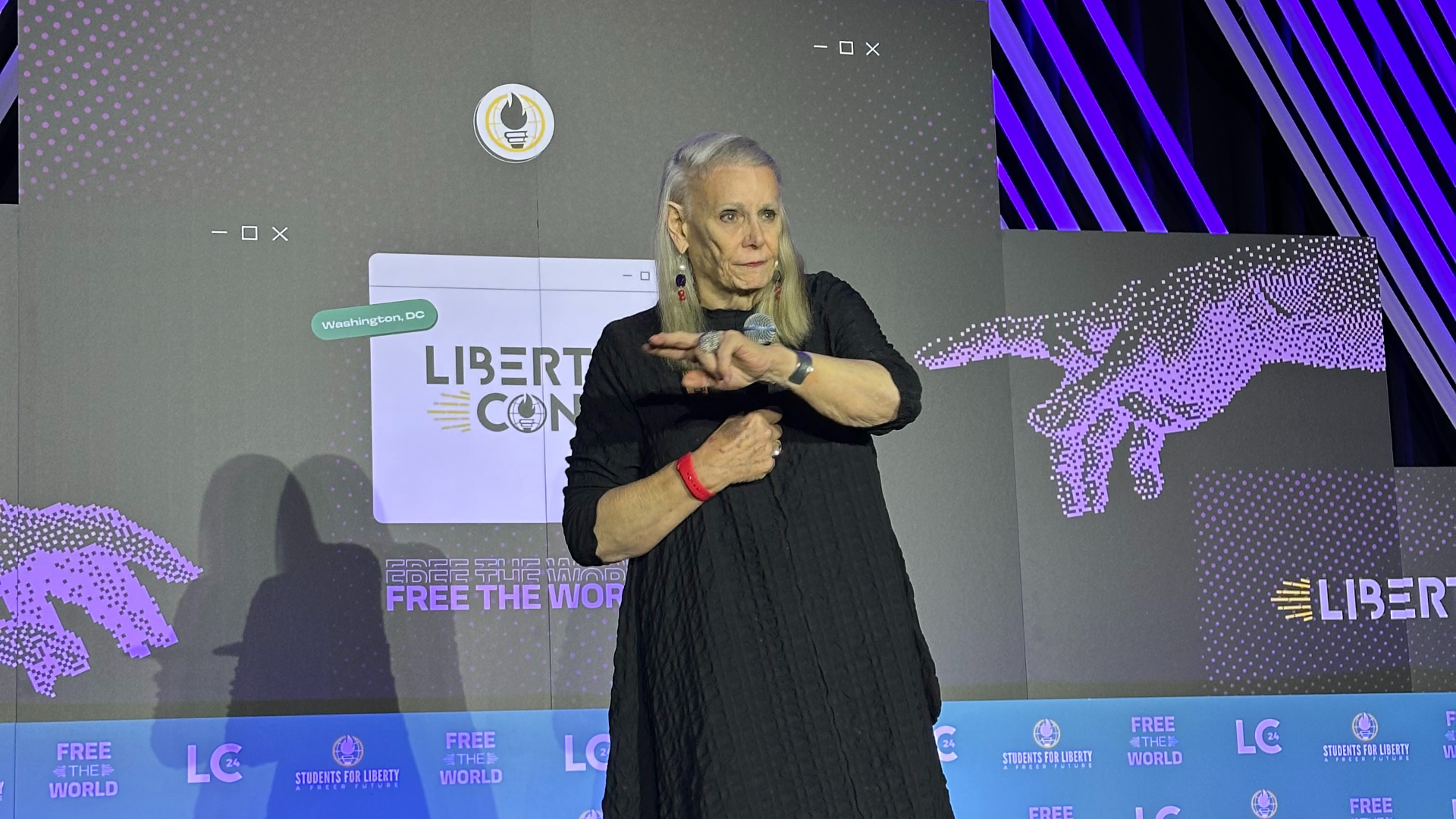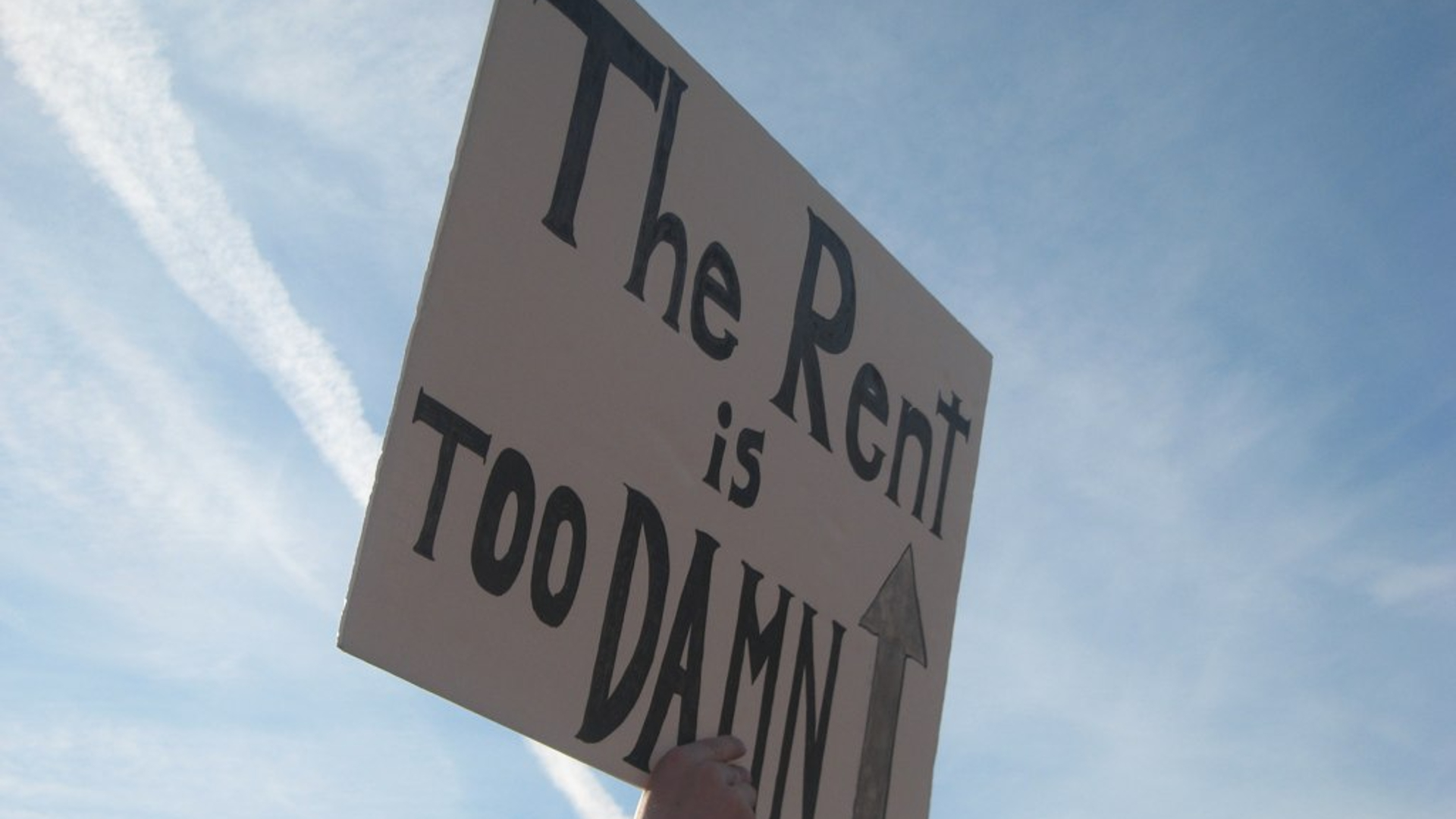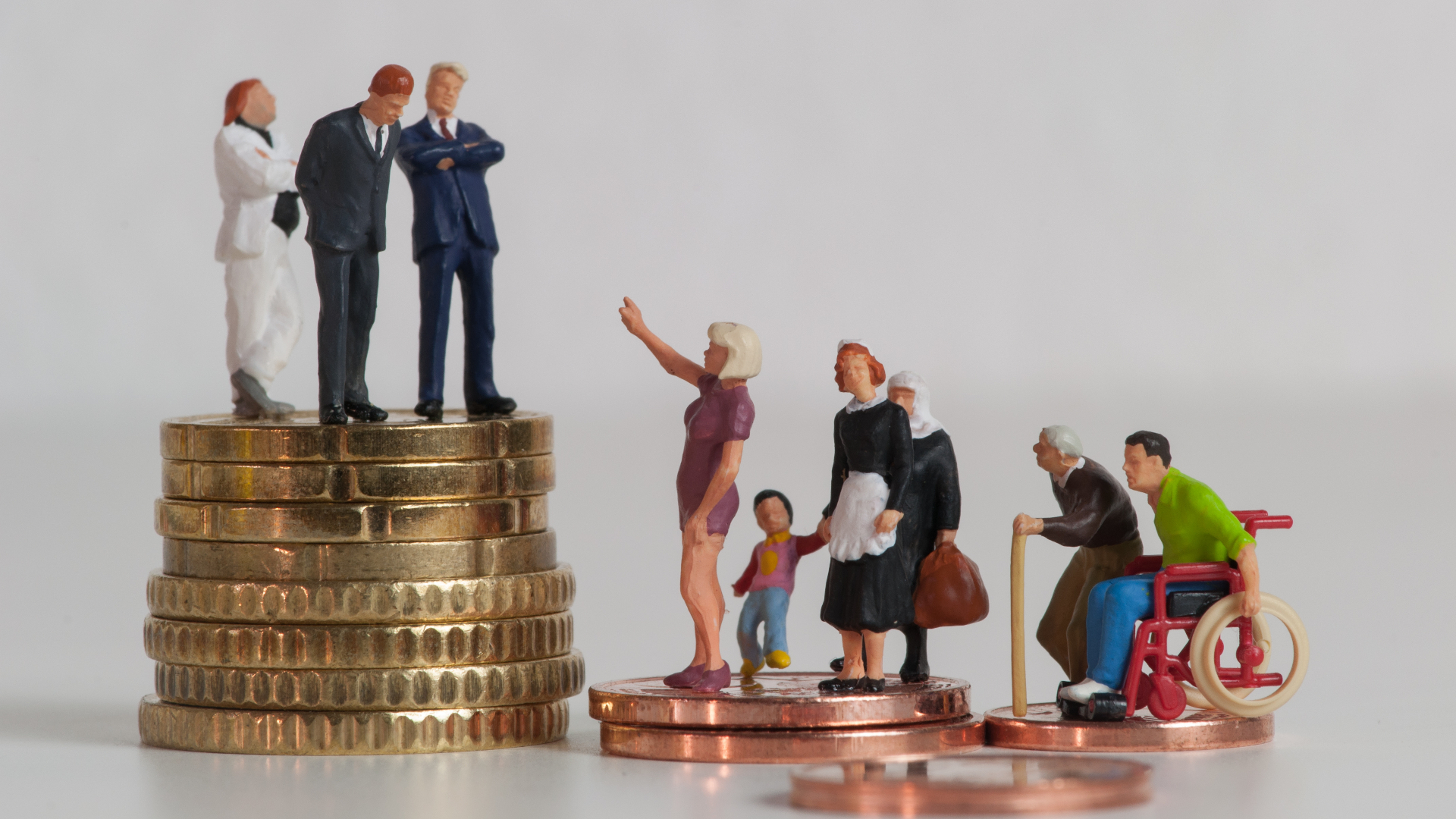Tag: markets


Stop complaining, start building: why Ayn Rand is so popular among entrepreneurs and high achievers
March 29, 2024 | Post
For people of a certain mindset and ambition, Ayn Rand’s ideas serve as a beacon of empowerment, urging them to stop complaining and instead focus on what they can do to build their own destinies.
Let’s look at some of the reasons why entrepreneurs and high achievers are a particularly receptive audience to the ideas of Ayn Rand.

How and why the war on drugs has failed
March 21, 2024 | Post
In this article, we’ll dissect the failures of the war on drugs, seeking to uncover the factors that have led to its ultimate downfall, as well as diverse arguments for ending the war on drugs and embracing legalization.

Deirdre McCloskey: ‘The pursuit of freedom has unleashed unprecedented innovation, prosperity, and social transformation’
February 21, 2024 | Post
Deirdre McCloskey, renowned economist and advocate for liberal values, delivered a stirring address at LibertyCon International, captivating attendees with her insights into the importance of liberty in fostering human flourishing and societal progress.

Why our liberty hinges on the Rule of Law
February 16, 2024 | Post
The Rule of Law plays a pivotal role in enhancing individuals’ freedoms, as it dictates whether a country veers toward authoritarianism or freedom. But what do we understand as the Rule of Law?

AI isn’t going to leave you unemployed
January 22, 2024 | Post
From automated factory assembly lines to helping you cheat on your college term paper, AI is doing things today that were barely imagined only a few short years ago. As such, you might be wondering, “is my job at risk of being taken over by robots?” or “will we all end up unemployed?”

Why is college so expensive?
January 19, 2024 | Post
To find out why college is so expensive and why student debt has reached crisis point, we need to dig deep into a maze of factors that ultimately leave the government with a lot to answer for.

How government subsidies encourage bad diets
January 18, 2024 | Post
If, like for most people, prices are an important factor in what foods you choose to buy, government subsidies have a significant impact on what ends up on your plate.
Walk down any aisle, and you’re likely to come across high-fructose corn syrup. This commonly used artificial sweetener owes its prevalence to government handouts to the corn industry. Generous subsidies enable the widespread use of high-fructose corn syrup, contributing to the overconsumption of sugary foods.

A new Vancouver development shows what’s possible when housing is deregulated
January 12, 2024 | Post
Sen̓áḵw is a $3-billion, 11-tower real estate development in Vancouver, set to be built on Squamish Nation reserve land. The project, named after the ancestral territory the Squamish people were removed from in 1913, is a sustainable village developed in partnership with Westbank.
The example set by the Sen̓áḵw development project shows us what we could have in other places too, if only the state — and the NIMBYs whose interests they serve — would step aside and let progress unfold.

The awkward and uncomfortable problem with national conservatism
January 11, 2024 | Post
The recent surge of national conservatism in the United States has not only highlighted a departure from classical liberal principles but also raised concerns about a fundamental shift away from the values that have long defined American governance.

How (true) liberalism made us rich
January 4, 2024 | Post
Today, a hot shower or a cup of coffee brewed in seconds are completely mundane. A journey across continents taking mere hours is, for many, just a normal part of life. Yet, these marvels would have been the envy of even the most affluent in medieval societies, prior to a period we can refer to as the “Great Enrichment.”

What makes Bitcoin such a revolutionary concept?
January 3, 2024 | Post
In the 15 years since the Genesis Block, the first set of 50 BTCs, was mined in January 2009, Bitcoin’s profile and impact on the global economy has increased exponentially. Hundreds of millions of people around the world have begun to recognize the merits of the truly revolutionary concept of a decentralized peer-to-peer currency.

Unmasking the true force behind the housing crisis
December 21, 2023 | Post
For the first time since the Great Depression, a majority of young adults in the U.S. aged 18-29 live with their parents.
The intensifying housing crisis across the United States and worldwide is a pressing concern, particularly for Millennials and Gen Z, who are often priced out of getting their own place for far longer than what has been the norm for previous generations.
Such a crisis inevitably prompts a blame game. But who or what is really to blame?

Despite regulatory barriers, 3D-printed houses can revolutionize the construction industry
December 20, 2023 | Post
What if we could revolutionize transportation to make it not only faster but also more sustainable? What if we could create educational systems that are not only more accessible but also tailored to individual learning needs?
Or, how about building new homes in a matter of days, at a fraction of the cost?
ICON Technologies is able to do just that — if not for regulatory barriers.

To address poverty, we must forget about inequality
December 18, 2023 | Post
Looking at inequality doesn’t tell us anything substantial about prosperity in a given country. Is inequality the real problem, or is it poverty?

The elite v. the people: Nigeria’s “cashless experiment”
December 14, 2023 | Post
A cashless society: the International Monetary Fund (IMF) calls it the future of money. The World Economic Forum (WEF) was enthusiastic about the concept way before it was cool. In the United States, the usual suspects such as the Brookings Institute and the New York Times ask our leaders to have the boldness and courage to follow this new path.

If you care about liberty, beware of CBDCs
December 11, 2023 | Post
In recent years, the concept of Central Bank Digital Currencies (CBDCs) has gained increasing traction across the globe, with proponents lauding the potential benefits of a digitized monetary system.
However, when we explore the real-life implications of CBDCs, it becomes increasingly clear that the rush toward digital currencies controlled by central banks poses a significant threat to individual liberty.

Why we should celebrate capitalism and consumerism, at Christmas and all year
December 7, 2023 | Post
Last Christmas, Pope Francis criticized holiday consumerism, saying that ours is “a society often intoxicated by consumerism … wealth and extravagance.”
To understand why this sort of critique is mistaken, and why consumerism and capitalism deserve our love at Christmastime and throughout the year, we need to go back to basics.

How minimum wage laws harm and exclude
December 1, 2023 | Post
Instead of elevating living standards and safeguarding workers from poor conditions and low pay, minimum wage laws lead to unemployment and limit job opportunities. Let’s look at how…

What the world can learn from Argentina’s liberty movement
November 20, 2023 | Post
The liberty movement’s success in Argentina serves as an inspiration to similar movements worldwide. It showcases the power of grassroots organizing and the impact that passionate individuals can have when they come together around a common cause.

Why trade wars are wars on the poor
November 14, 2023 | Post
In the not-so-distant past, political leaders from both sides of the aisle in the United States held a general consensus on the benefits of free trade.
During their presidential campaigns in 2000, Al Gore and George Bush, despite their differences, at least agreed on the merits of fostering open markets.
Fast forward to the present day and we find Joe Biden and Donald Trump endorsing staunchly protectionist policies.
Let’s explore what caused this complete 180 and who bears the brunt when trade is restricted.

How tax reduction helps combat corruption: lessons from Georgia
November 9, 2023 | Post
The 2003 Rose Revolution marked a pivotal moment in Georgia’s political and economic history. Following new presidential and parliamentary elections, significant pro-market reforms were introduced to address the severe economic condition. The results were remarkable…

Grocery aisle garbage vs. free-market wellness: how food subsidies contribute to poor health
October 24, 2023 | Post
Time to peel back the oniony layers of the food industry according to free-market principles.
Our mission: to understand how market distortions such as food subsidies are contributing to poor health in America.

Socialism is immoral. This Soviet refugee tells us why
October 20, 2023 | Post
The most compelling case for why socialism is immoral comes from someone with first-hand experience. This is the story of a Soviet refugee, one whose experiences and insights lay bare a truth that challenges the very foundations of socialism.

In defense of globalization
October 17, 2023 | Post
What is globalization? Globalization is simply the process of the free movement of goods, capital, people, and ideas around the world and across borders.
Globalization is a great boon to the world. It means more specialization and division of labor, which are vital components of economic progress. It makes rich countries richer and brings poor countries out of crushing poverty.
It might just be the greatest achievement in human history, but people don’t know this!

